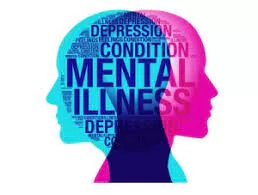
A Ten-Year Study Shows Playing Instruments and Singing Benefit Memory and Cognitive Function
Engaging in music throughout one’s life has been discovered to have a positive impact on brain health in older adults, according to a recent study published in the International Journal of Geriatric Psychiatry. The research, part of the ‘PROTECT’ study involving over 25,000 participants spanning a decade, delves into the effects of playing musical instruments and singing in choirs on cognitive function.
The researchers examined data from over a thousand adults aged 40 and above, investigating the correlation between musical engagement and brain health. The findings underscore the benefits of playing a musical instrument, such as the piano, in enhancing memory and executive function—crucial for solving complex problems.
The study reveals that the advantages of musical engagement extend into later life, offering even greater cognitive benefits. Singing, too, showed a connection to improved brain health, although the social aspects of group participation in choirs may contribute to these positive effects.
Professor Anne Corbett, a leading researcher at the University of Exeter and the study’s author, highlighted the significance of the PROTECT study. “Our PROTECT study has given us a unique opportunity to explore the relationship between cognitive performance and music in a large cohort of older adults,” she stated. “Being musical could be a way of harnessing the brain’s agility and resilience, known as cognitive reserve.”
While acknowledging the need for further research, Professor Corbett emphasized the potential role of promoting musical education as part of public health initiatives to foster a protective lifestyle for brain health. Encouraging older adults to rediscover their musical passions in later life could contribute to enhanced cognitive well-being.
Moreover, Corbett pointed out that music group activities have proven beneficial for individuals with dementia. Incorporating music into a holistic approach to healthy aging can serve as a proactive measure for older adults, reducing their risk factors and promoting overall brain health.
As research continues, the study suggests that the universal language of music may hold the key to not only enriching lives but also preserving and enhancing cognitive abilities, offering a harmonious path to healthy aging.










